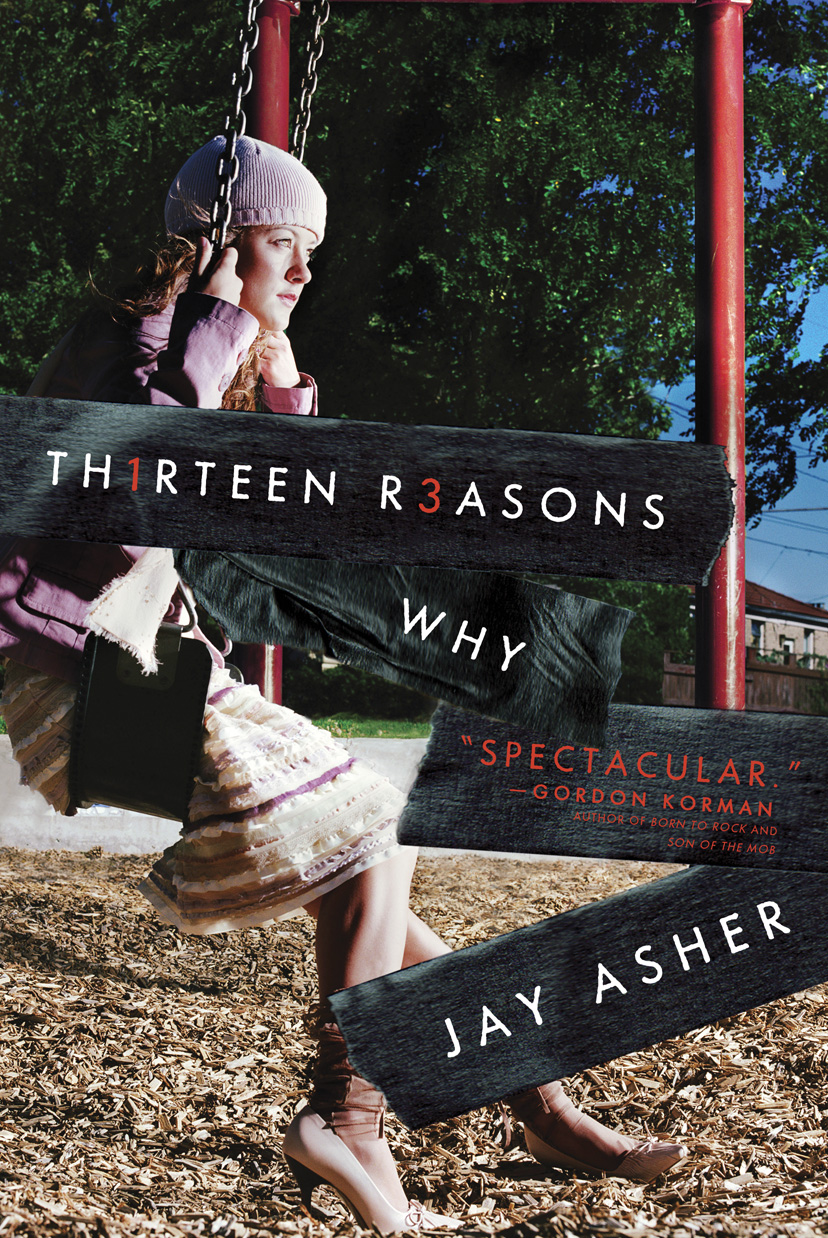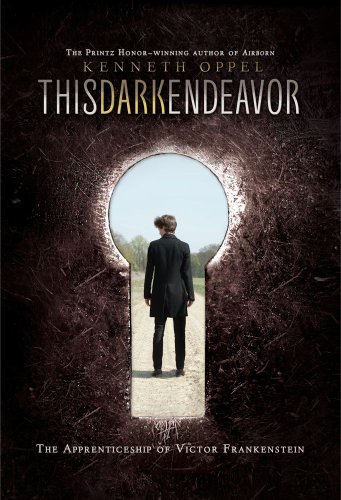Your responsibilities:
- Read
- Prepare for your role
- Fill one individual self - assessment sheet / week
- Fill one group self - assessment sheet / week
You will form a group of four
or five classmates based on your book selection. Once the group has formed, you
will create a reading schedule and divide roles. You can negotiate rotating
roles or stick with the same role for the entire book. The group must come to a
unanimous decision about the roles and the schedule. Note: Each group must have
a discussion director and a device director and no two students may do the same
role for the same group at the same meeting.
Roles:
1. Discussion Director: Your role is to come up with 4 thoughtful discussion
questions for each group meeting. You will lead the discussion taking notes on
your group’s responses. Questions must be thought provoking and debatable. You
will turn in your questions with the discussion notes after every meeting.
2. Device Director: You are the literary critic; your role is to note
at least 5 important literary devices for each group meeting. You should look
for things like irony, humor, metaphor, symbolism, inciting moment, foil
characters, and other significant devices. For each device include a cited
quote or paraphrase. Also be sure to label the device. During the meeting, you
will go over these devices and examples for your group, allowing for discussion
and questioning from other members. You will turn in your work at the end of
each meeting.
3. Art Director: As the artists in residence, your role is to create
an artistic rendering of significance for each group meeting. You may draw from
characters, events, mood, or other inspiration, but it must be significant and
justifiable. You may be abstract or concrete, but either way your job is to explain
your art to your group at each meeting. Art may be in the form of drawing,
painting, collaging, sculpting, crafting, or other mediums. You will turn in
the art after every meeting and I may ask you to explain it to me.
4. Vocabulary Director: Your role is to pick out at least 5 difficult
words from each section to bring to the meetings. You must write the word, the
definition, and a properly cited quote that includes that word. During the
meeting you will explain the meanings to your classmates. Be sure that the definition
you select makes sense in context!
5. Context Director: Your role is to investigate the context
surrounding the novel. For each section, research the context of the novel. For
example, if you were reading To Kill a Mockingbird, you might research
Jim Crow Laws, The Great Depression, FDR’s inaugural address, Emmitt Till, etc.
You must write one page of handwritten notes (bullet points are okay) with a
proper citation. Do not use Wikipedia as a source. You will turn in the notes
after each meeting.
Literary Circle Rubric
A
- Fulfills all duties of the student’s chosen literature circle role
- Participates moderately and concisely, avoiding talking too much or too little
- Works to include all other participants equally in the discussion
- Asks several questions that demonstrate a genuine interest in pursuing an answer
- Is abundantly well prepared for the literature circle
- Leads the group to several new insights about the text
- Responds very thoughtfully to other students’ comments, prompts, and questions
- Makes highly appropriate and frequent references to the text to support or challenge ideas
- Engages exclusively in dialogue rather than debate
B
- Fulfills nearly all duties of the student’s chosen literature circle role
- Participates somewhat moderately and concisely, avoiding talking too much or too little
- Works to include nearly all other participants equally in the discussion
- Asks questions that demonstrate a genuine interest in pursuing an answer
- Is well prepared for the literature circle
- Leads the group to new insights about the text
- Responds thoughtfully to other students’ comments, prompts, and questions
- Makes frequent and appropriate references to the text to support or challenge ideas
- Engages in dialogue rather than debate
C
- Fulfills most duties of the student’s chosen literature circle role
- Participates somewhat moderately; may talk too much or too little
- Works to include other participants in the discussion
- Asks few questions that demonstrate a genuine interest in pursuing an answer
- Is prepared for the literature circle
- Leads the group to at least one new insight about the text
- Responds somewhat thoughtfully to other students’ comments, prompts, and questions
- Makes references to the text to support or challenge ideas
- Engages in dialogue more often than in debate
D
- Fulfills some duties of the student’s chosen literature circle role
- Participates immoderately; talks too often or too rarely
- Works to include at least one other participant in the discussion
- Asks no questions that demonstrate a genuine interest in pursuing an answer
- Is under-prepared for the literature circle
- Fails to lead the group to new insights
- Responds perfunctorily to other students’ comments, prompts, and questions
- Makes few (if any) references to the text to support or challenge ideas
- Engages in debate more often than in dialogue
F
- Fulfills few (or no) duties of the student’s chosen literature circle role
- Participates rarely
- Does not work to include others in the discussion
- Asks no questions
- Is unprepared for the literature circle
- Fails to discuss new insights
- Responds (barely, if at all) to other students’ comments, prompts, and questions
- Makes no references to the text to support or challenge ideas
- Engages in debate rather than in dialogue
Literary Circle Novel Selection List
Thirteen Reasons Why
Jay Asher
This story is told from the
point of view of a fairly normal high school boy. A girl that he had a crush on
committed suicide. She recorded some cassette tapes explaining the events that
resulted in her death. These cassette tapes are passed around to the thirteen
people that are involved.
I found this to be an easy
read. It focuses on high school relationships, how bad reputations can be
started out of rumors, and the downward spiral that it can create.
Variant
Robison Wells
The main character is a high
school boy who had been in and out of foster homes. He works hard to get a
scholarship to attend a private boarding school so he no longer has to deal
with getting moved around from home to home. He gets accepted but the school
isn’t what it seems… at all!!
This book is a real
page-turner. I don’t want to tell you too much and give it away.. but I liked
this one a lot.
This Dark Endeavour
Kenneth Oppel
This one is set in the past
when doctors were just starting to learn about blood and diseases. The main
character is a twin and he thinks he is the lesser of the two. The family lives
in a large mansion and the children find a secret library with old tomes on
alchemy. The brother falls ill and both twins are in love with the same girl – these
two things propel the plot forward.
In one of the tomes they
find a recipe for a medicine that might save his brother. The adventures happen
trying to retrieve the ingredients.
If you love books that come
in a series this could be the book for you. I kept turning the pages to get to
the end of this one and found out there is another novel to read after this
one.
Between Shades of Gray
Ruta Sepetys
 This one made me CRY! The
main character is a girl who’s county (Lithuania) had been taken over by the
Soviets. While her father was at work, the mother, brother and herself were
moved to a camp. This is a heroic tale of survival and injustice.
This one made me CRY! The
main character is a girl who’s county (Lithuania) had been taken over by the
Soviets. While her father was at work, the mother, brother and herself were
moved to a camp. This is a heroic tale of survival and injustice.
I love these kinds of books.
If you are anything like me – you will like it as well.
Half Brother
Kenneth Oppel
This story is told from
point of view of a high school boy that moved from Ontario to Victoria, BC. It
is set back in the sixties. Both of his parents are working on monkey projects
for the university. Their family raises a baby monkey and teaches him sign
language.
This was my son’s favourite
story. (I read him all of these books) He liked it when the boy wrote a paper
using only the vocabulary that the baby monkey had learned. I think this was
the only part my son understood. He knew a lot of the same words as the monkey.
This book made me cry a
little too – I get too into my books!





No comments:
Post a Comment